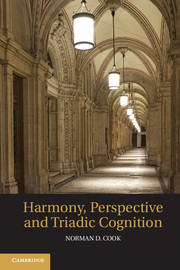1 - Introduction
Published online by Cambridge University Press: 05 August 2012
Summary
Science! Thou fair effusive ray
From the great source of mental day,
Free, generous and refined!
Descend with all thy treasures fraught
Illumine each bewilder’d thought
And bless my labouring mind!
Mark Akenside, Hymn to Science (1744)
Since Darwin, the emphasis in scientific research on the nature of human beings has been on the similarities between us and other animal species. The importance of such research in revealing who we are, as biological organisms, can hardly be overstated, and no modern intellectual can afford to ignore the academic edifice known as evolutionary theory. But, as real as biological evolution is, it still needs to be said that an eight-year-old walking around a zoo shows more psychological insight than an academic in his lab coat who refuses to acknowledge the gargantuan gap that separates Homo sapiens from all other animal species. Despite profound, diverse and numerous similarities with monkeys, chimps and gorillas, human beings are special in an objective, verifiable sense. It is not simply the case that “our tribe is different.” We inhabit a cognitive world that is utterly beyond what other animals experience; we have certain (easily identified) behavioral capabilities (speech and tool use), certain other (less obvious, but measurable) perceptual capacities (music and pictorial art) and complex social lives that are fundamental to what it means for us to be human beings, but that are entirely absent or barely recognizable in other species. This book is about those unusual, characteristically human, psychological talents.
The motivation for elaborating on the theme of human “uniqueness” is not some strange need to justify our superiority over animals nor is it a call to return to prescientific, religious thinking in light of our “higher-level” capabilities. The aim is, more simply, to understand our cognitive strengths, and to do so requires examination of the talents that most clearly differentiate us from animal species – even from our closest cousins, the chimpanzees and bonobos. Insofar as we are active participants in our own biological, social and intellectual evolution, any progress in understanding how it is that we have come this far will help us to develop those strengths further and, indeed, allow us to make our best traits truly universal among all human beings.
- Type
- Chapter
- Information
- Harmony, Perspective, and Triadic Cognition , pp. 1 - 25Publisher: Cambridge University PressPrint publication year: 2011



